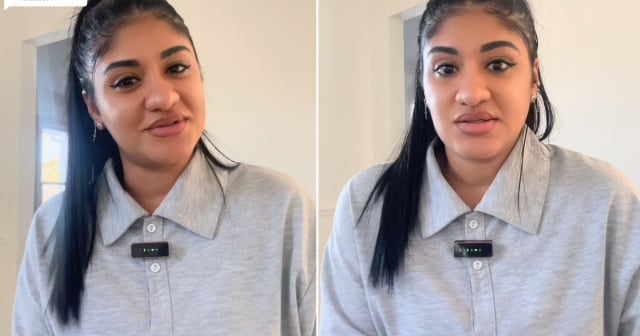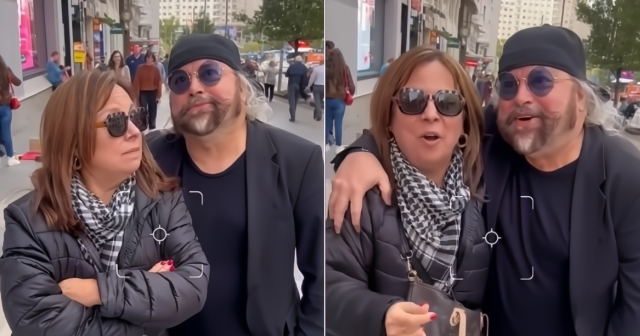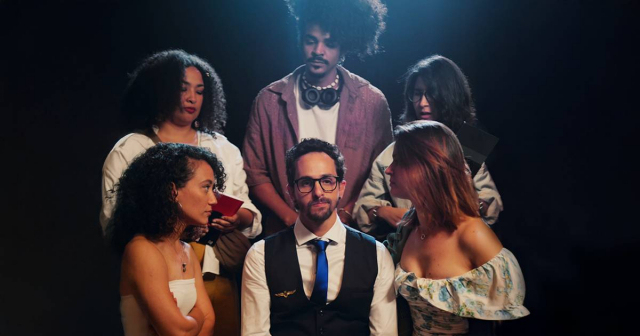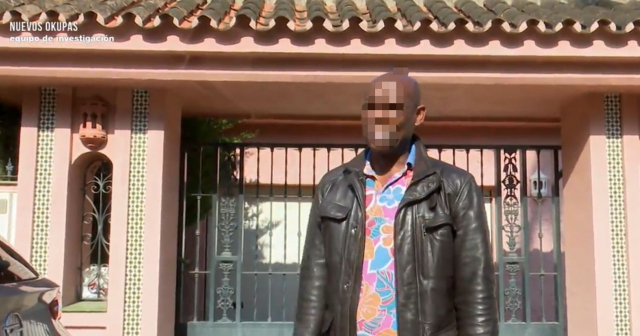A Cuban who has been living in Spain for five years has sparked laughter and nostalgia within the Cuban community after sharing a video in which he recounts the "embarrassments" he has faced while trying to adapt to life in the European country.
With his natural humor and relaxed style, @jorgm._fit shared on TikTok how he encountered misunderstandings upon arrival due to his way of speaking and the use of Cuban expressions that the Spaniards did not understand.
Amid laughter, he explains that the first time his boss at a bar asked him to “peel a box of shrimp,” he didn’t understand what “shrimp” meant and was left unsure of what to do. Another situation he highlights is his struggle to convert “Cuban pesos” to “euros,” admitting that even after five years, he still slips up and says “peso.” He also shares his confusion about having to use credit cards at payment machines, unsure if a code would be required or not.
Her Cuban followers quickly joined the conversation, filling the comments with their own experiences. Some shared that, on the bus, they shouted “open in the back” as is done in Cuba, unaware that in Spain, passengers must press a button. “I experienced the same thing; I didn’t know about the button,” wrote one user, while another confessed: “I was completely bewildered when I was asked for a ‘pincho’ in a café. I thought it was a joke.”
Other Cubans also mentioned misunderstandings when using words like "jaba" instead of "bolsa" or "guagua" instead of "autobús." One user recounted, "I went to the market and asked for a jaba, and no one understood me," while another remembered, "I said I lived two blocks from the Mercadona, and they asked me if there were horses there."
The video has sparked hundreds of similar comments, where Cubans in Spain share their experiences adapting to the local vocabulary: “When I arrived, I said I needed to buy ‘céntimos,’ and they looked at me strangely”; “My boss asked me for a ‘balleta’ and I had no idea what it was.” Others laugh about the times they said “peso” instead of “euro,” and the confusion when asking for water in a “pomo” or confusing “sandía” with “melón.”
The message from @jorgm._fit resonates not only with those who share similar experiences but also with any immigrant who has faced cultural and language barriers when arriving in a new country. His humor about Cuban nostalgia has created a space of camaraderie, and his video has become a sort of confessional for Cubans in Spain, who find in his stories a reflection of their own experiences and a sense of relief.
Filed under:






